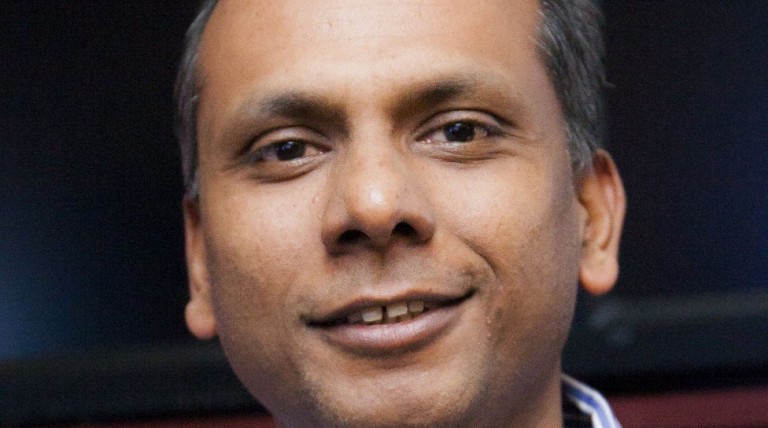
Niche early-stage investor pi Ventures is betting on the growth of the artificial intelligence and Internet of Things (IoT) in the country, and is looking to reach the first close of its $30 million fund. The artificial intelligence market is estimated to reach $5 billion by 2020 globally, and with Indian companies being one of the fastest adopters of AI, pi Ventures is trying to capture the market early.Founded last year by Manish Singhal and Umakant Soni, It has already invested in three startups including Zenatix, ten3T Health (Cicer) and Sigtuple.
In an interview with DEALSTREETASIA Singhal talks about the challenges of raising an AI-focussed fund and the growth of the AI ecosystem in the country. Edited excerpts
How do you view the growth of AI in India?
For the last one year since we have been working on this – a few things have come out and supported our thesis from external sources. For example there’s a Zinnov Consulting paper which shows India is actually the third largest cluster of startups in the world, first being US followed by UK. Secondly, Infosys recently released a paper and they came out with the finding that Indian businesses are fastest to adopt AI. So, if you combine these two facts that you have quite a few startups here and that you have businesses that are willing to adopt AI, then you have something positive going on.
The other two components that are required to make this sector successful are talent and data. Data is the fuel for AI, and talent is required to make any business successful. The good thing about India is that data in India is cheaper than other places globally. For example healthcare data in India is probably 5-6 times cheaper than the US.
Another thing that has helped India in the last few years is all these MNCs opening their centres over here like Microsoft, Amex, Amazon, they all have their machine learning teams over here, those engineers have learnt what data science is, what machine learning is, what AI is. And now they’re actually either setting up startups or joining startups. So data, talent, startups, businesses willing to adopt AI, all of them are coming together to make a good environment for AI startups.
Is there a lot more acceptance towards niche investors than what there was a few years ago?
We in India are in the formative stages of the venture capital industry, which is about 15-odd years old. So far the kind of products and investor thesis has been around, is what I call as the market share-led thesis. Flipkart, Snapdeal, Ola, Practo – all these are the market share-led thesis, which is the thinking that I will go capture the market, I’ll be the biggest player in the market and from there I’ll build my business. Now I think over a period of time there is a transition happening investors are also opening their eyes to an IP-led product thesis. So, people are now looking at how can we back IP-led product companies, which may not be the largest shareholders in the ecosystem but they can be very disruptive.
So there is a change in the investment thesis mindset and is this backed by good evidence on the ground of some of these companies being available for investment as well. A combination is probably what is leading to this positive change. The drawback that has happened recently on the funding, is a very positive thing to happen to the Indian ecosystem because it has taken away capital from B2C and people are still trying to see where to deploy the capital and now that capital is coming to product companies. Therefore you will see a lot more IP-oriented products getting funded in India.
How do you view the current investment climate? There was a boom in investment in 2014-15, then last year, the pace tapered down a bit last year
It was painful for a lot of people but I feel it was a good pain to be in for long term gain. The model was not sustainable, where people did not have a sustainable business model and investor money was being pumped in to support the entire losses. Same model continues at a larger scale, you burn more cash you get more money. We are at the end of that. That’s what led to the retrenchment last year.
Now investors are still sitting on money, funds in India have closed big funds recently . That money is ready to be deployed, the market share-led thesis hasn’t given success to a lot of people, and…

